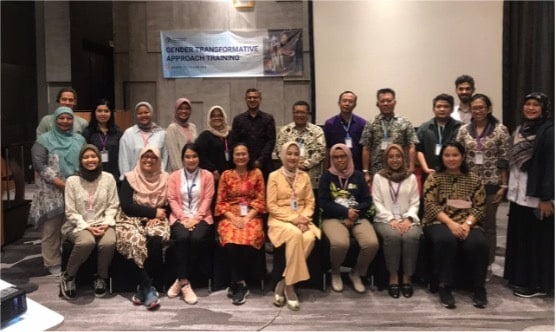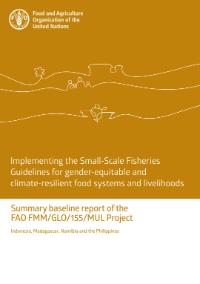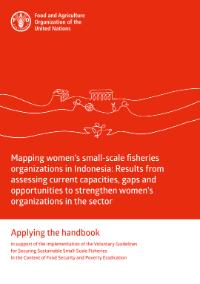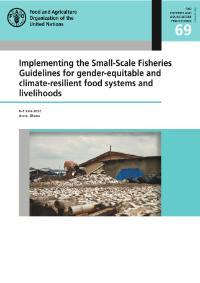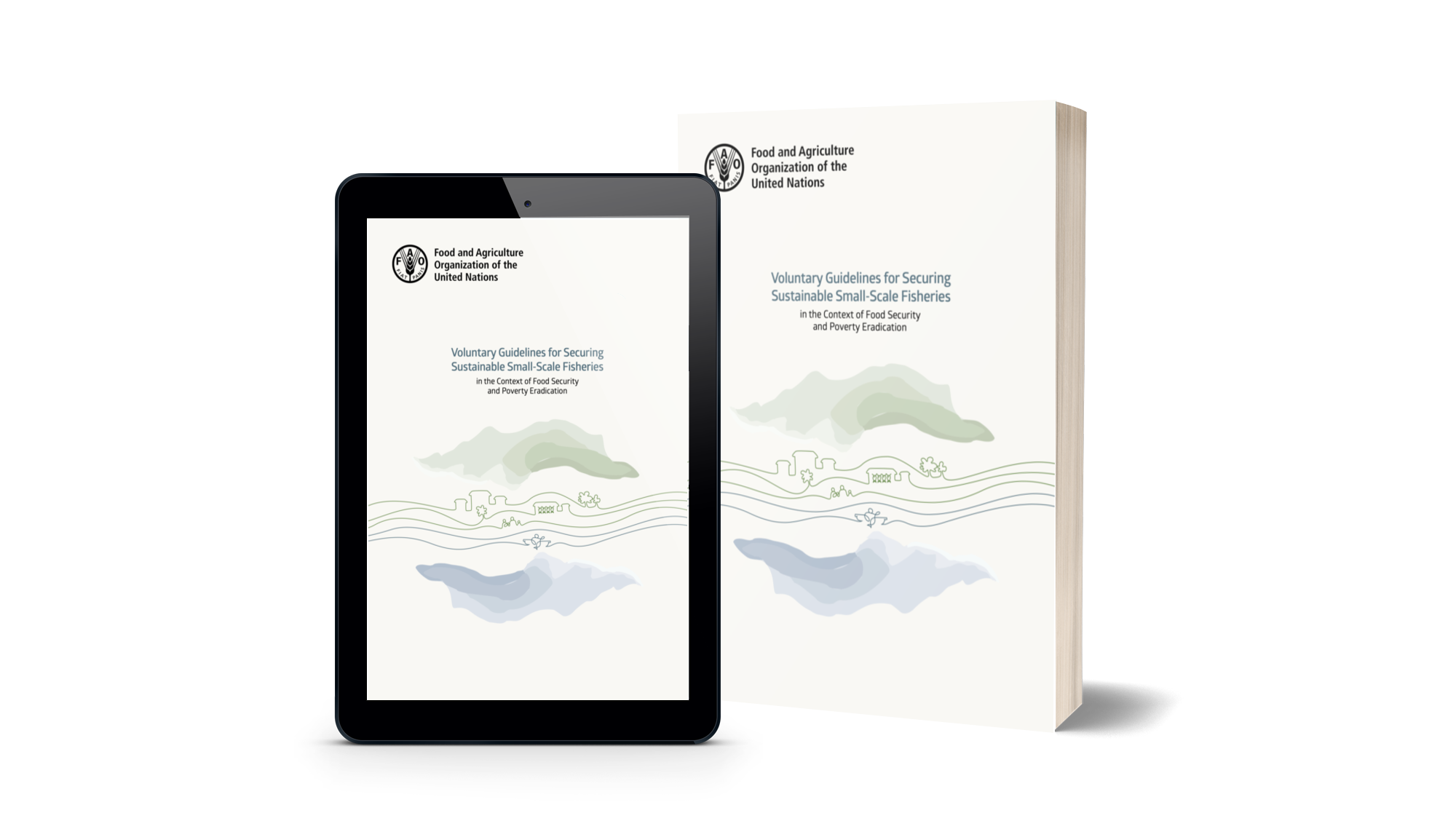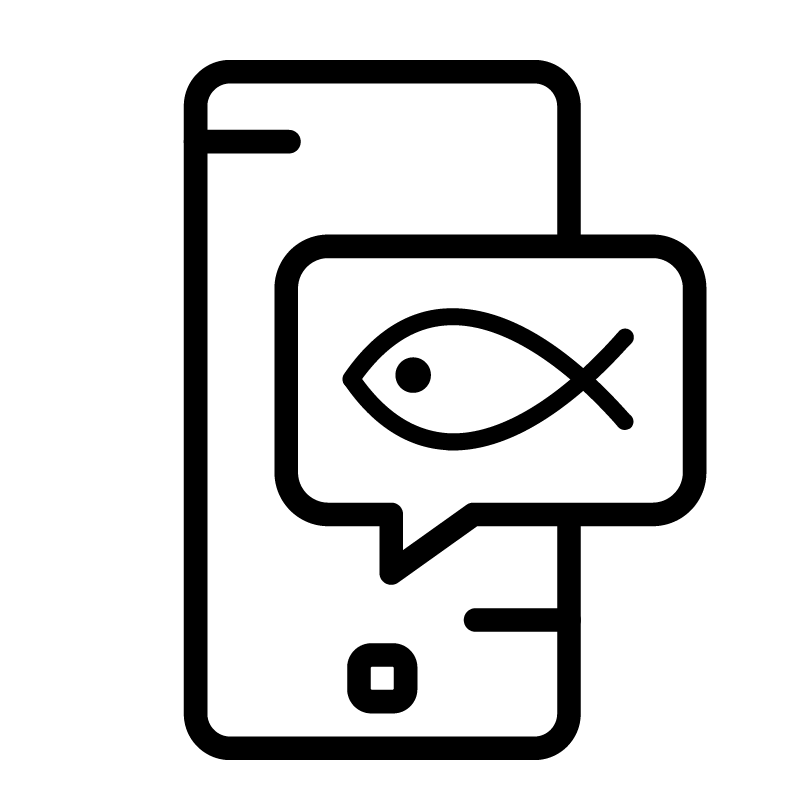Indonesia
Indonesia is not only the world’s largest archipelagic state, featuring small-scale fisheries with a wide range of varying characteristics, but it is also one of two Asian countries included in the FAO project titled “Implementing the Small-Scale Fisheries Guidelines for Gender-Equitable and Climate-Resilient Food Systems and Livelihoods”, a sub-programme of the FAO Flexible Voluntary Contributions fund (FVC). In Indonesia, small-scale fisheries account for nearly 90 percent of all aquatic products captured. These fishing activities are crucial to the lives and livelihoods of many and serve as an important source of nutrition and food security.
The project in Indonesia contributes to the food and livelihood security of smallholders and their households by integrating them into agricultural value chains that connect them to new market opportunities, particularly for fish-based products. To achieve this, the project conducted feasibility assessments and facilitated policy dialogues to support the promotion, design, and implementation of good manufacturing practices accessible to small-scale fisheries stakeholders.
Assessments were done through primary data collection on local resources available, including raw materials, financial support, existing working conditions, product design, and potential market opportunities for the intended products. The results of these assessments formed the basis for capacity development trainings for small-scale fisheries organizations and key stakeholders. These trainings aim to pilot new post-harvest handling activities among small-scale fisheries and fishworkers (particularly women) or to enhance existing ones. This was coupled with the strengthening of organizational capacities of local, regional, and national organizations, as well as trainings on improved fish processing and business practices. Additionally, five training videos on small-scale fisheries improved post-harvest practices were developed in Indonesia during the project.
Related publications
Related news
